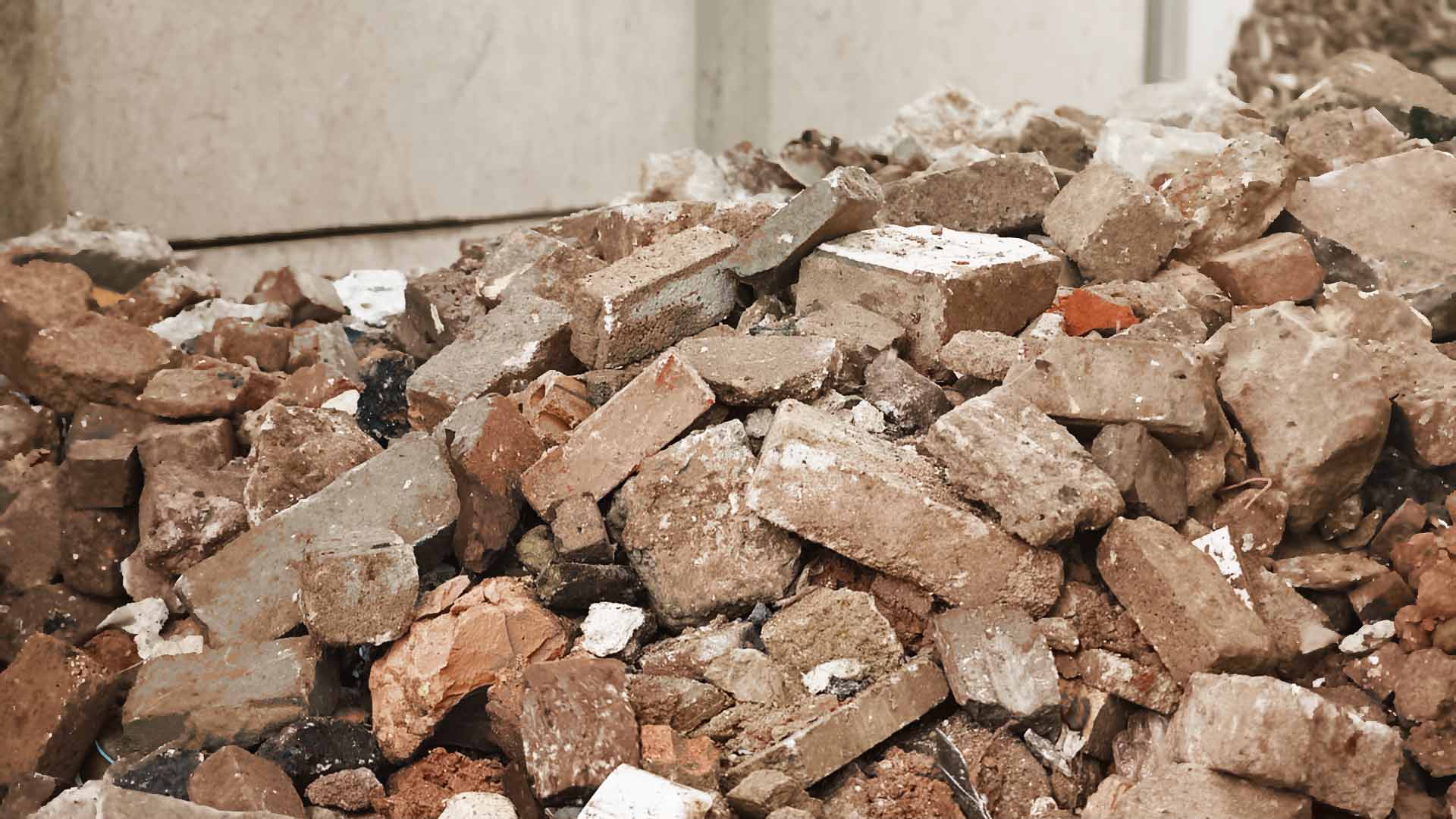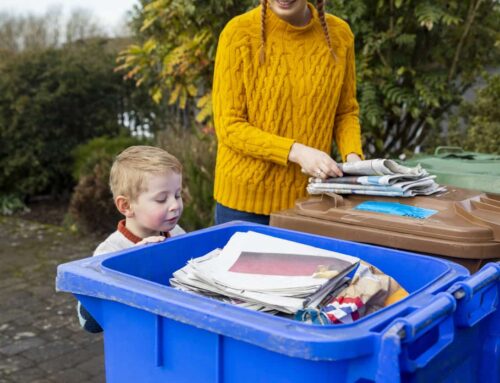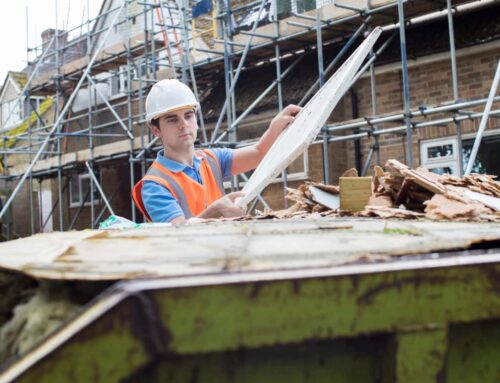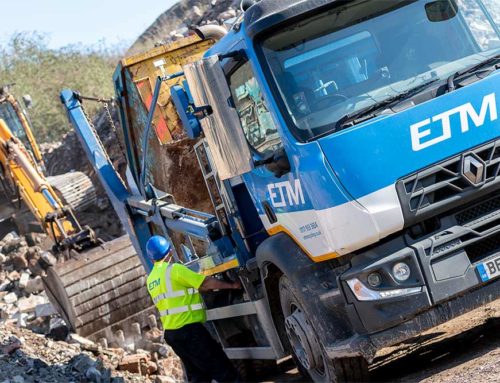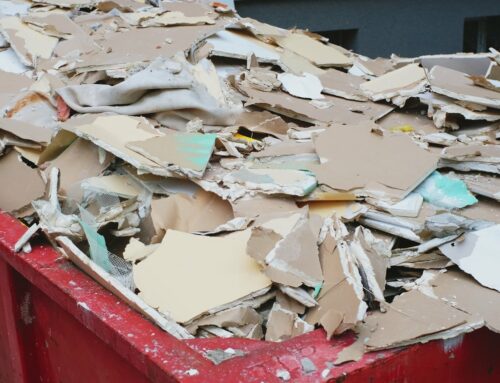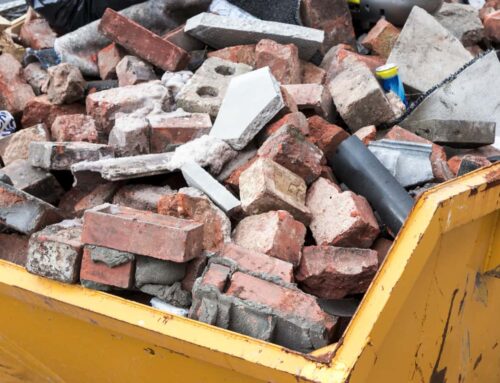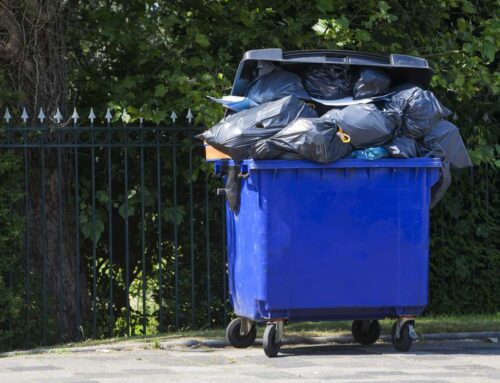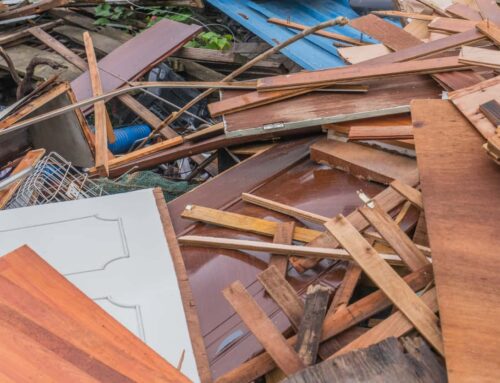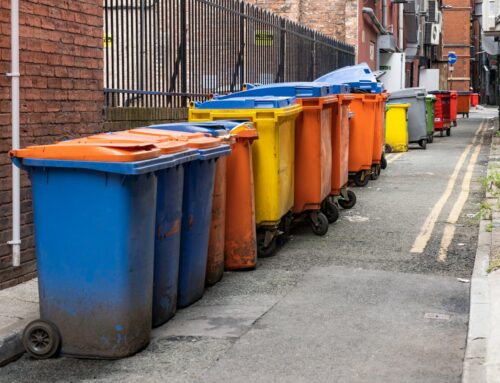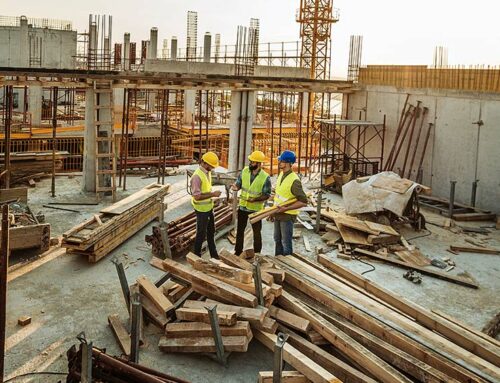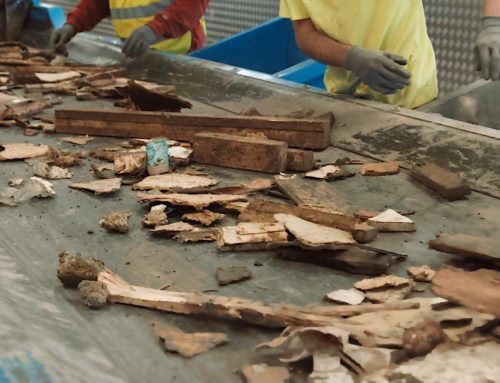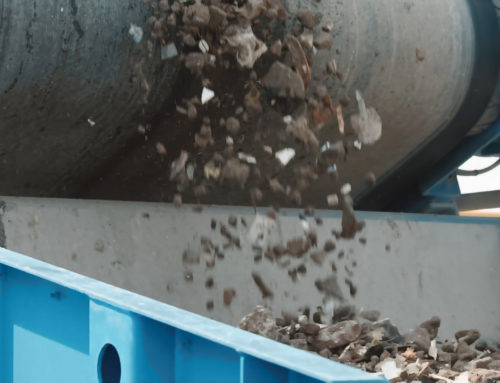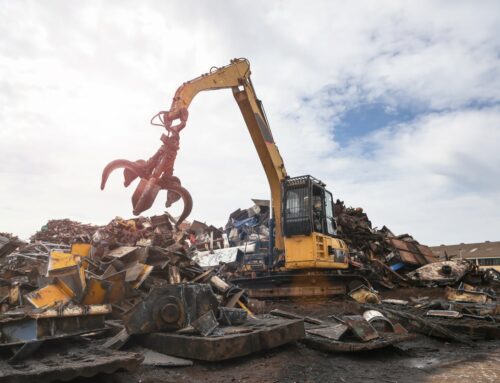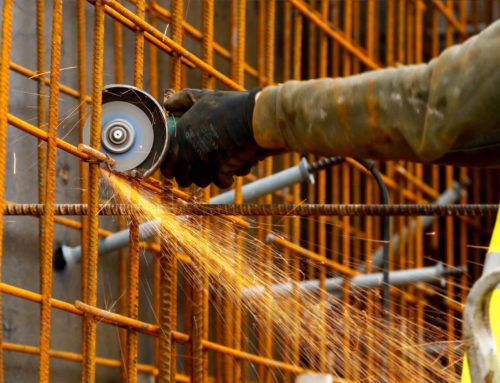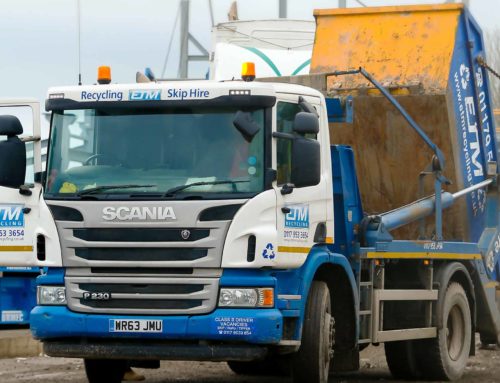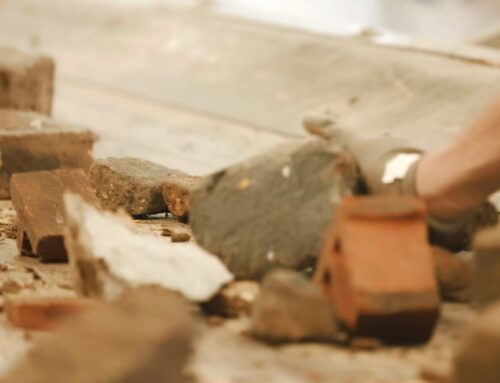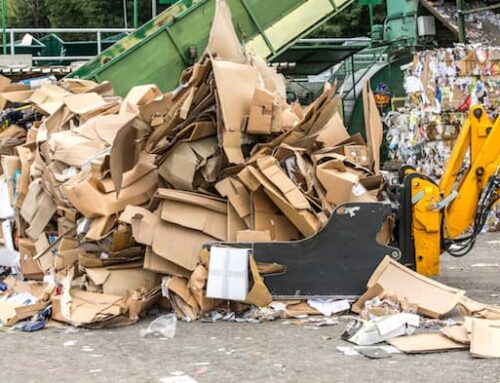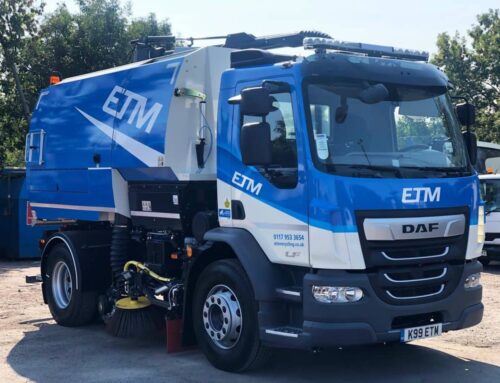With many businesses and consumers becoming more concerned about the environment, there has been increased pressure put on businesses to use materials from more sustainable sources – aggregates are a prime example of this.
Recycled aggregates are becoming a popular alternative to conventional ones, with approximately 200 million tonnes of aggregates being used in the UK each year, and of this supply around 57 million are sourced from recycled materials. They can be created from surplus construction material that hasn’t been used or created from reprocessing materials previously used.
In this article from ETM Recycling, one of the leading waste management providers in the south west, we will address the various benefits associated with aggregates to clearly illustrate the different types within this comprehensive guide.
What are Recycled Aggregates?
Aggregates are granular materials used in construction work. They include sand, gravel, crushed stone, recycled concrete, recycled asphalt, recycled brick and slags.
Examples of recycled aggregate include recycled concrete from construction and demolition waste material and railway ballast.
Asphalt pavement can be collected from roads, parking lots and runways and cement concrete can be collected from bridges, sidewalks and roads. Once collected and processed these recycled aggregates can be used in the construction of bicycle paths, pavement shoulders and in many other aspects of construction.
The use of recycled materials for construction is a sustainable move in the construction industry. It has numerous benefits including limiting the need for virgin aggregates, reducing energy consumption, reducing waste heading to the landfill and reducing emissions. Not only is it a great option for the environment, but using aggregate materials leads to cost savings and can be leveraged to gain credits for undefined certification.
Approximately 200 million tonnes of aggregates are used each year in the UK and of this supply; around 57 million tonnes are derived from recycled sources (SEPA Guidance).
Find out more about recycled aggregates >
What are the Benefits of Using Recycled Aggregates?
There are many economic, environmental, and social benefits to using recycled aggregates.
Cost Saving
Making use of recycled aggregates over virgin materials can save money as they are less expensive to produce.
If recycled materials are available locally then this can reduce the cost of transporting the aggregates.
Producing recycled aggregate for resale is more cost-effective than sending un-wanted materials to landfill and incurring landfill tax.
Eco-Friendly
Recycled Aggregates are regarded to be a ‘green’ construction material.
Using recycled aggregate reduces the amount of virgin aggregates which are created and therefore means less use of natural resources.
There is increasing pressure on landfill capacity, and pressure on construction sites to divert waste away from landfill to meet UK and sustainability targets.
Versatile
Recycled Aggregates can be used for various different functions, suitable for use with construction projects, landscaping and in home improvement applications.
Durable
Studies prove Recycled Aggregates are as structurally reliable as natural aggregate and are as safe to use.
These benefits of using Recycled Aggregates mean you can enjoy doing your part to help the environment with decreased expenditure – and without the need to sacrifice use, strength and durability.
What Can Recycled Aggregates Be Used For?
As the material is recycled, it is a multifaceted material that can be used for multiple applications such as:
- bulk fills
- bank protection
- base or fill for drainage structures
- road construction
- pavements
- curbing
- noise barriers and embankments
- bridge foundations
What are the Different Types of Recycled Aggregates?
The two most common forms of Recycled Aggregate used in concrete are glass and crushed concrete from previous applications. While other materials such as fiberglass and granulated coal ash have been experimented with, these two products seem to be the most effective recycled material for use in concrete.
Some of the criteria that must be met are the Recycled Aggregate’s ability to provide strength and durability to the finished concrete product as well as offer comparative workability to those mixtures that do not contain any recycled materials. Crushed glass and previously used concrete are also used for their superior hardness properties, in addition to their resistance to absorbing chemicals and compounds commonly found in other materials such as clay and limestone.
Recycled Aggregates of glass and concrete must first be prepared for use in new concrete applications. The materials are usually placed in a rock crusher device set to a specific crush size to produce the correct sized filler for the concrete.
It is then run through an aggregate washer to remove any debris, dirt, or impurities that may hamper the material’s ability to adhere to the other concrete components. After careful screening, the recycled concrete materials are ready to be added to the concrete mixture for use.
Why not read more on the way ETM Recycling recycled aggregates >
Many of the other materials that have been experimented with for use in concrete products have proven to be unstable for this application. A proper Recycled Aggregate material must be well suited for the concrete’s intended purpose. In most building and weight bearing applications, it is common to find concrete containing recycled cement particles, as opposed to crushed glass. The recycled concrete aggregate offers the same level of strength and durability as products create from all new materials. It is also resistant to contamination from other common chemicals and substances found in and near construction work sites.
Recycled Aggregates with ETM Recycling
At ETM Recycling we are a leading provider of Recycled Aggregates across the south west of England. We have state of the art machinery to provide consistent specifications of recycled aggregates which are local authority approved.
Get it touch with a friendly member of the team today to ensure a range of high quality, recycled aggregates in Bristol the surrounding areas. Our recycling experts can provide any advice, information or support you may need when it comes to improving your carbon footprint within the construction sector.
Alternatively, have a look at our case studies to better understand the versatility of recycled aggregates.
